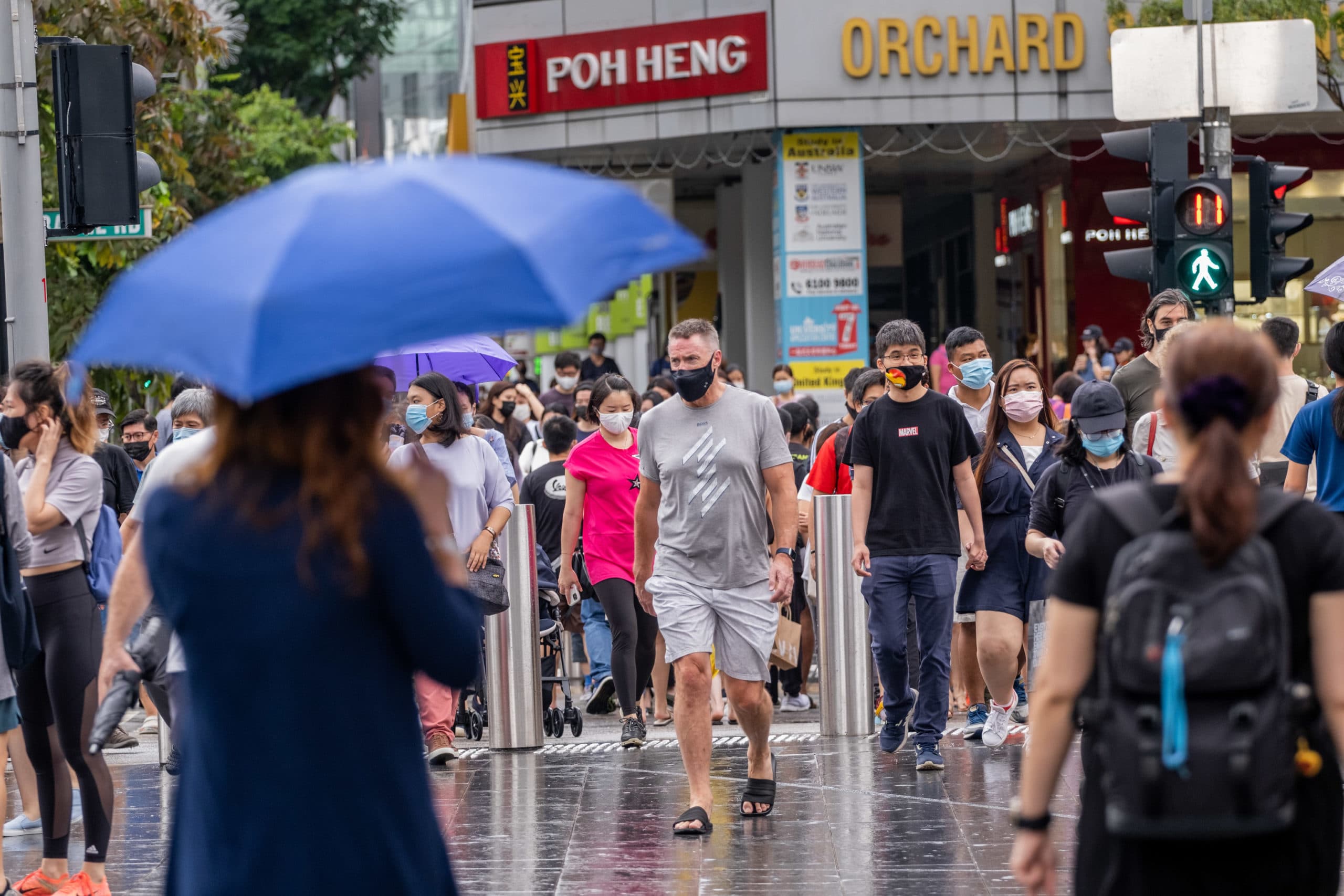KEY FACTS
A number of cities and states—including California, Massachusetts, New York, Ohio, Newark and Miami-Dade—have adopted curfews in recent days in an effort to stop late-night activity, especially at restaurants and bars.
Data on whether curfews actually work is scarce, and public health experts are mixed on whether they will actually have any impact.
John Swartzberg, a clinical professor emeritus of infectious diseases at UC Berkeley, told Forbes they send a powerful message to the public and impact “people eating/drinking after 10:00 p.m.,” who, as a group, are “less likely to be taking precautions against becoming infected and infecting others.”
But Amesh Adalja, a senior scholar at the Johns Hopkins Center for Health Security, is skeptical people will actually comply, and will instead meet in private gatherings inside homes if restaurants and bars are closed, an activity he suspects is spreading the virus even more than gathering in public areas.
Adalja said there isn’t contact tracing data showing that people behave differently depending on the time of night, and noted the virus doesn’t spread any more or less after 10 p.m. either.
William Hanage, an epidemiologist at the Harvard T. H. Chan School of Public Health, told USA Today that “curtailing the evening for dining by an hour or so isn’t likely to make a very large impact,” and Lee Riley, an infectious disease specialist at UC Berkeley’s School of Public Health, told CapRadio curfews will likely “have more of a cosmetic effect than a real impact.”
CRUCIAL QUOTE
“I’m not even sure what this was designed to do and I don’t suspect they’re going to see any major benefit from it,” Adalja told Forbes. “And then they’re going to say that it failed and we have to do something more strong rather than understanding from contact tracing data how people are getting infected and what they can do to make that less likely. . . . If it’s people getting infected at private gatherings you need a totally different strategy because public health can’t really reach into people’s homes.”
KEY BACKGROUND
A dangerous third resurgence of the coronavirus is spreading across the country, overwhelming healthcare systems in several states. Curfews are just one restriction state and local leaders are imposing in an effort to stem the spread of the virus. Los Angeles has banned in-person dining altogether. New York closed schools. Others are putting limits on social gatherings. Some Republicans are taking the opposite approach, however, and promising not to shut down parts of the economy.
-by Rachel Sandler, Forbes Staff
